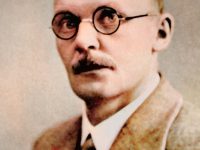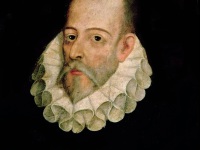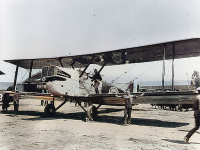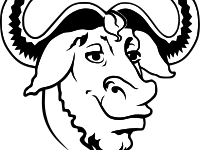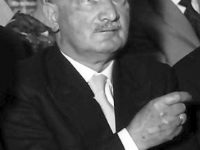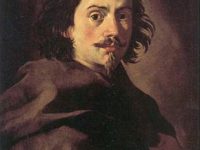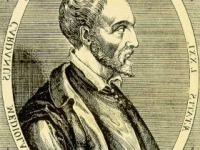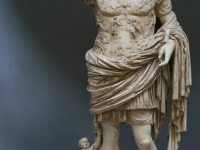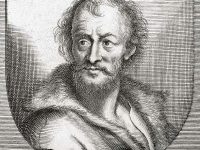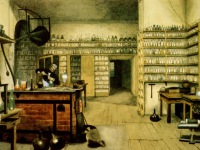Hans Geiger and the Invention of the Geiger-Müller Counter
On September 30, 1882, German physicist Johannes Wilhelm Geiger was born. He is best known as the co-inventor of the Geiger counter and for the Geiger–Marsden experiment which discovered the atomic nucleus. Hans Geiger – Early Years Geiger was born at Neustadt an der Haardt, Germany. He was one of five children born to the Indologist Wilhelm Ludwig Geiger, who was a professor at the University of Erlangen. In 1902, Hans Geiger…
Read more

